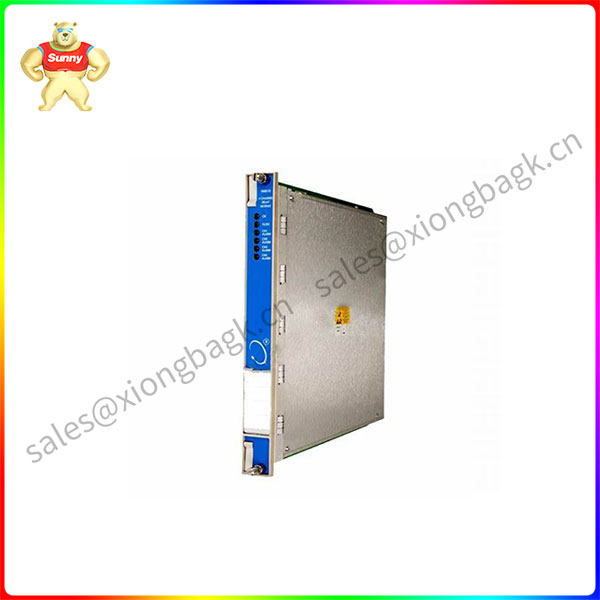Bently Nevada, a leading global provider of industrial monitoring solutions, is proud to announce the availability of its new 4-channel relay module 3500/32 125720-01. Designed to meet the complex needs of industrial automation and mechanical monitoring, this module provides a more efficient and flexible input/output solution.
The 3500/32 125720-01 module has the following notable features:
Multifunctional input/output: The module offers 8 analog channels and 8 digital channels for a wide range of industrial applications.
High-precision signal processing: Internal high-precision signal conditioning circuits ensure signal accuracy and stability, maintaining high performance even in complex industrial environments.
Modular design: easy to install and replace, support hot swap, easy system maintenance and upgrade.
Flexible configuration: The user can configure the input and output types and parameters of the module through the software to achieve highly customized system integration.
Self-diagnosis function: Built-in self-diagnosis function can continuously monitor module status and report potential faults in time.

3500/32-01-00
In terms of technical specifications, the 3500/32 125720-01 module has input voltage of 24VDC, input current of 5A, operating temperature range of -40°C to +70°C, storage temperature range of -40°C to +85°C, humidity of 5% to 95% (non-condensing), protection class of IP67, weight of 0.5kg.
Bently Nevada, part of the Baker Hughes Company, helps industrial companies worldwide improve equipment reliability and productivity with its innovative monitoring technology. The introduction of the new 3500/32 125720-01 module further strengthens Bently Nevada’s leadership position in industrial automation and machinery monitoring.
The 3500/32 125720-01 module is widely used in oil and gas, power, chemical, steel production and other industries to provide comprehensive monitoring and control of critical machinery and equipment. The launch of this module will undoubtedly bring a safer and more efficient operating experience to industrial control systems and further promote the development of Industry 4.0.
 中文版
中文版




